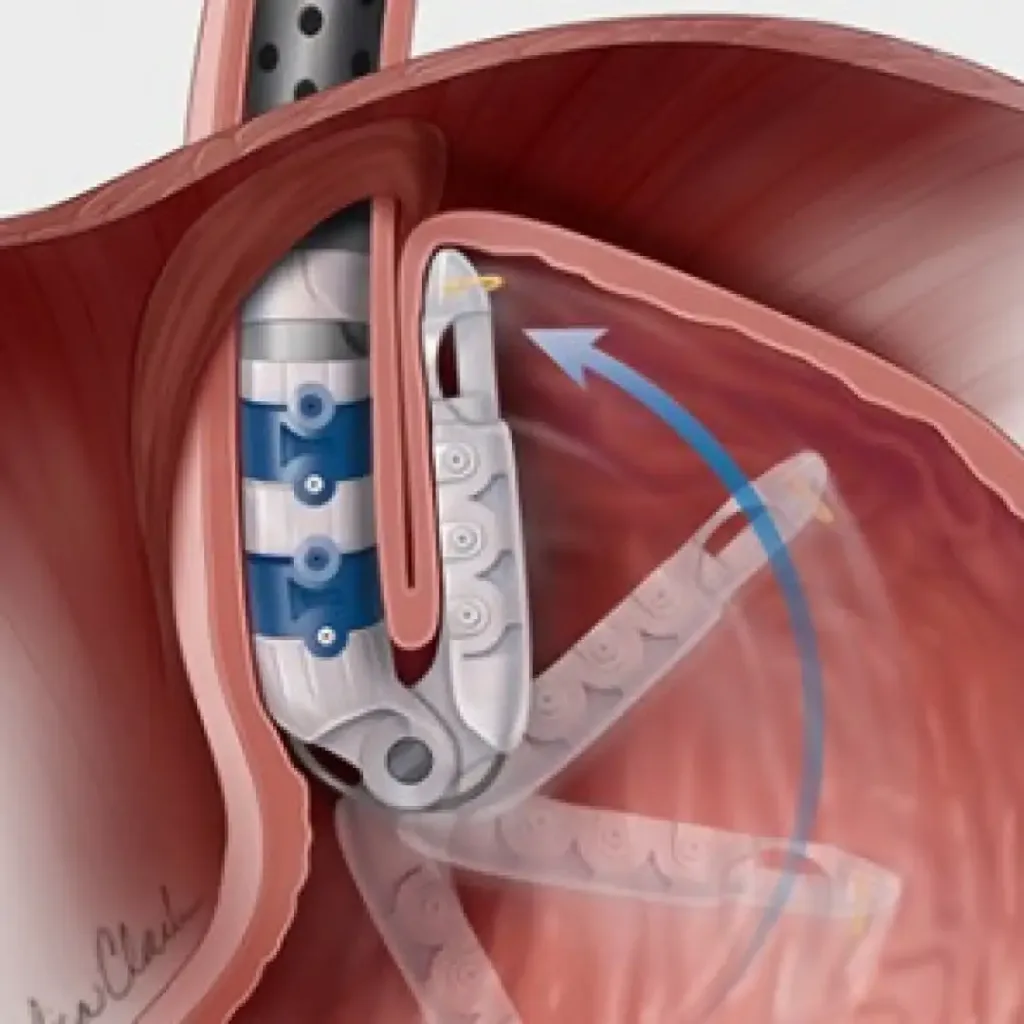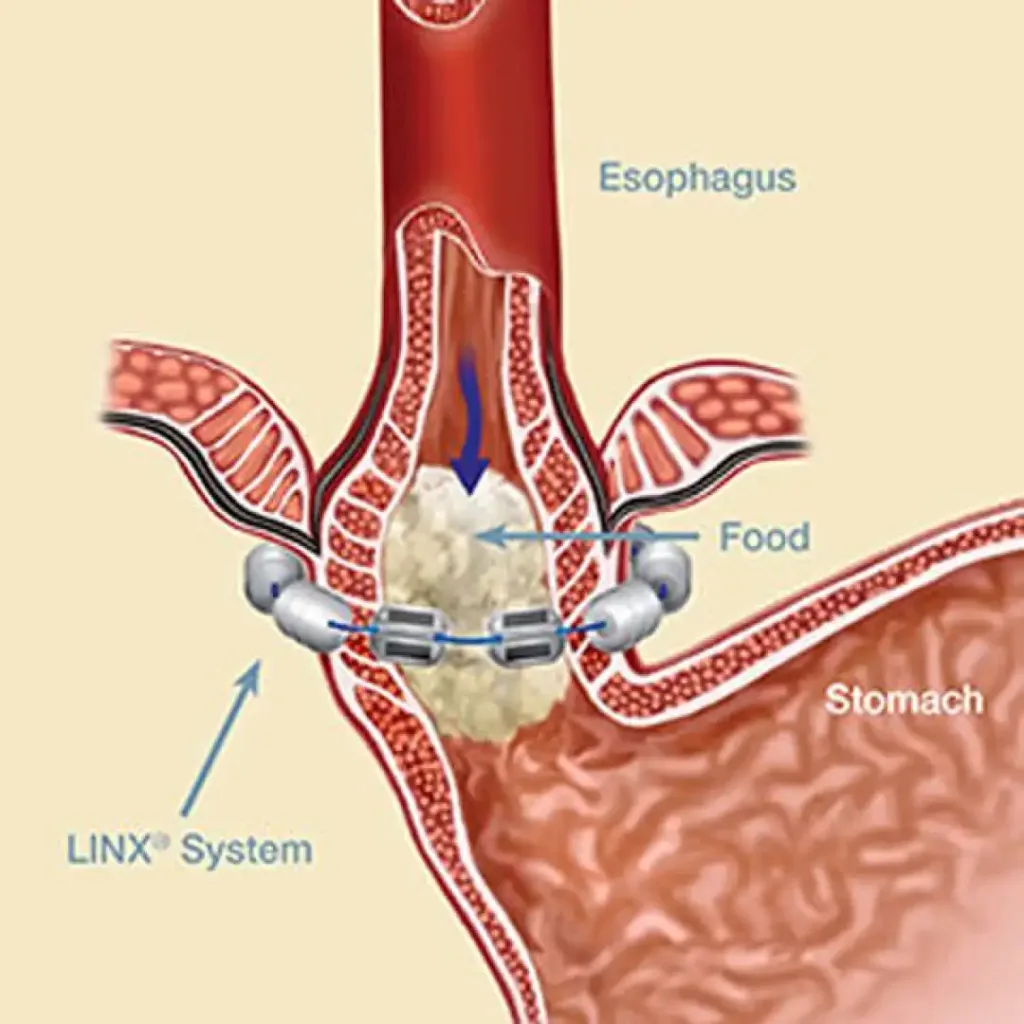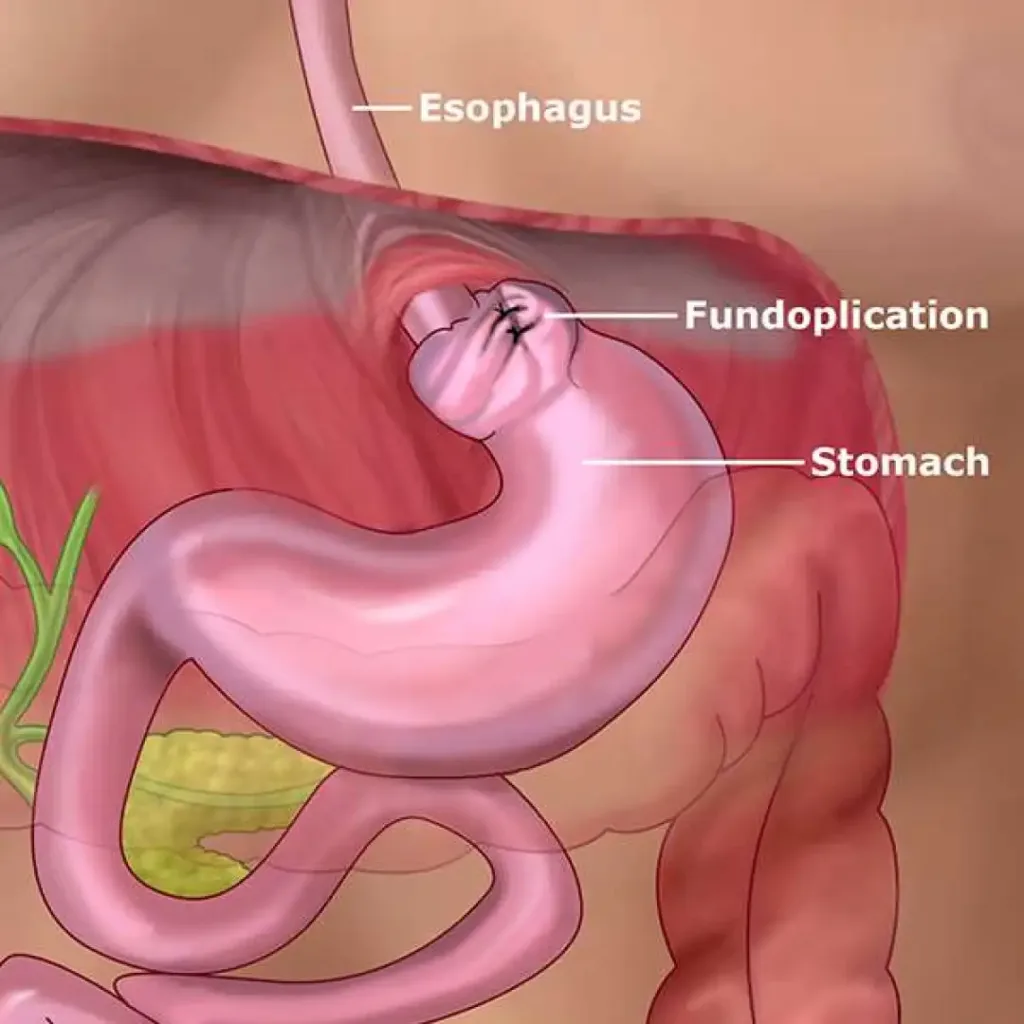Treatments
Endoscopic removal of polyps
Polyps in the stomach or bowel are common and can often be detected during a routine colonoscopy or gastroscopy. These growths are abnormal tissue that can develop in the lining of the digestive tract. While most polyps are benign, meaning they are not cancerous, certain types have the potential to develop into cancer if left untreated. This is why it is important to remove them.
Fortunately, polyps can be safely and accurately removed using a narrow, flexible tube called an endoscope. The doctor can use a variety of techniques and instruments to remove the polyps depending on their size and location. In some cases, a small electric current is used to remove the polyp. Other times, a wire loop or snare is used to cut the polyp away from the lining of the digestive tract.
The procedure to remove polyps is usually done under sedation, so the patient is comfortable and unaware of the procedure. After the polyps are removed, they are sent to a laboratory for examination to determine if they are benign or cancerous.
It is important to note that not all polyps have the potential to become cancerous. The type of polyp, its size, and location will determine whether it needs to be removed or not. This is why it is important to discuss any findings with your doctor and follow their recommendations for follow-up procedures.
In conclusion, while polyps in the stomach or bowel can be concerning, they can be safely removed using an endoscope. Removing polyps can help prevent the development of cancer, making it an important procedure for maintaining digestive health. If you have concerns about polyps, speak with your doctor about scheduling a colonoscopy or gastroscopy.







